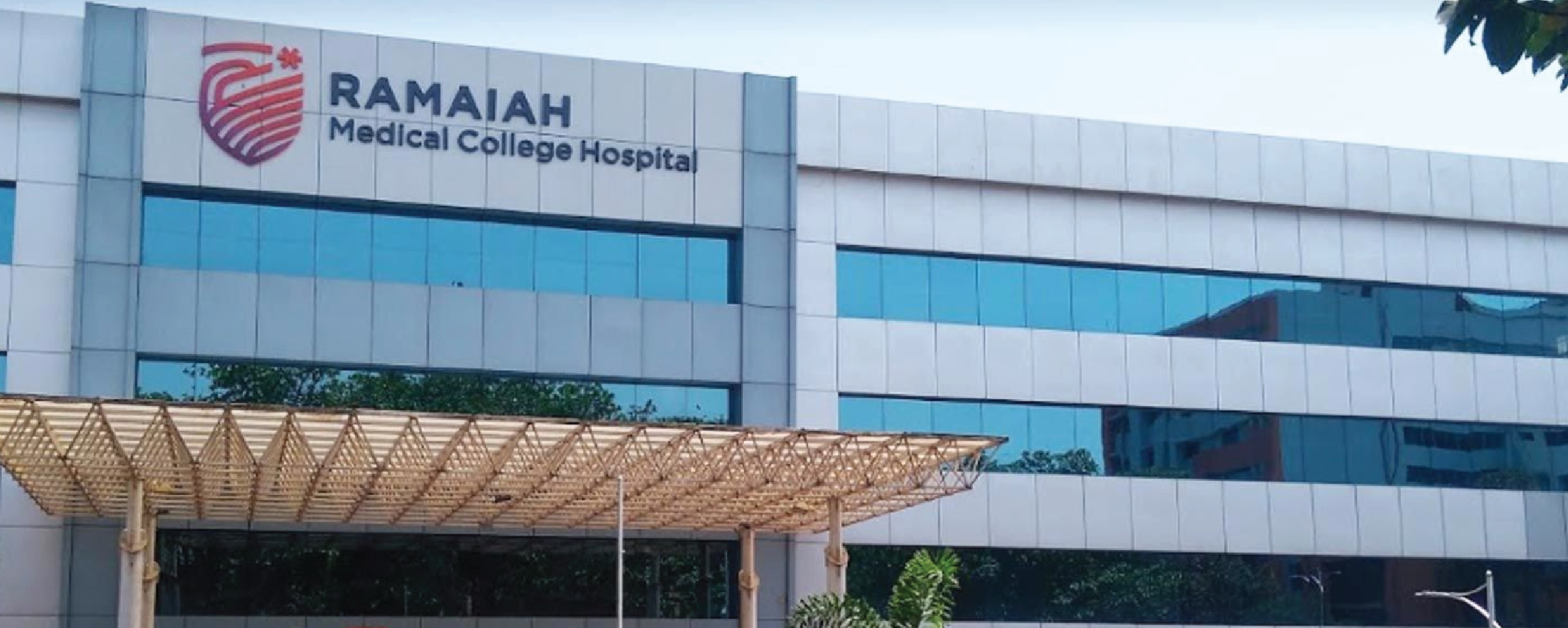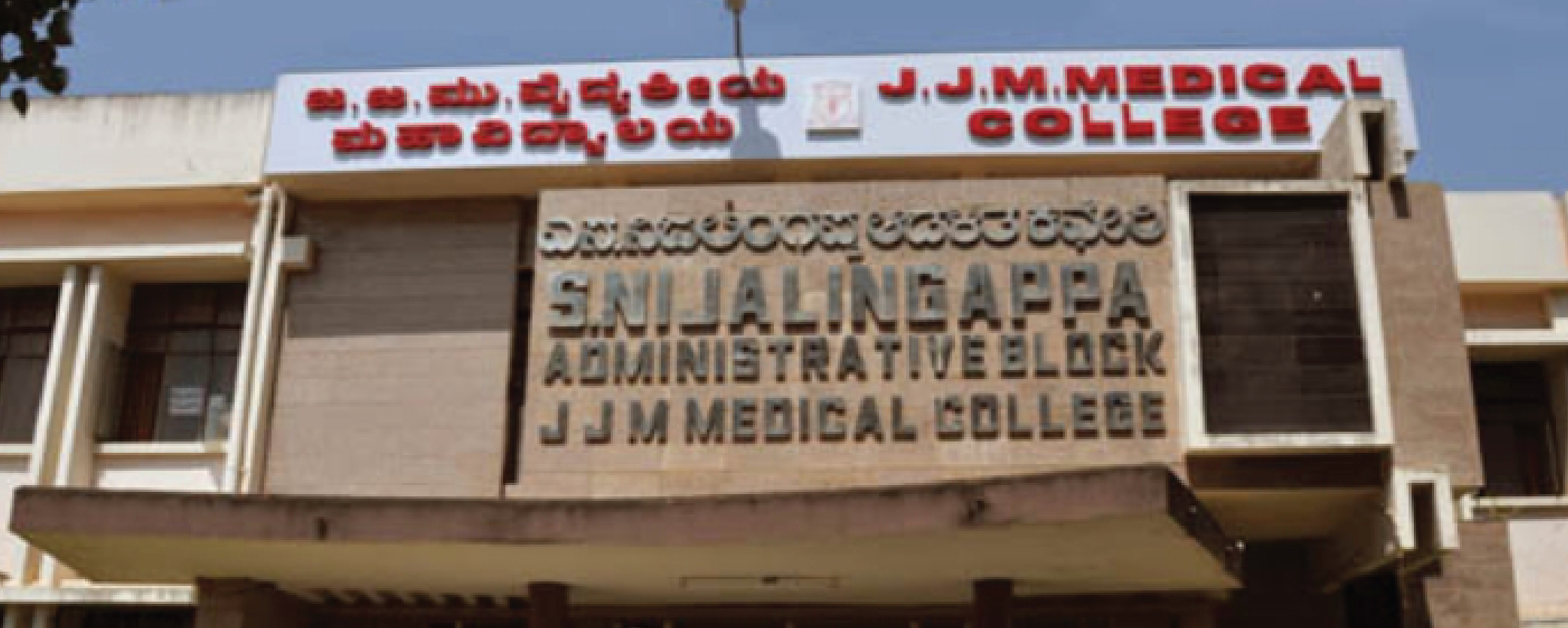One of the popular options for post graduation after completing MBBS as an undergraduate degree is Master of Surgery or commonly known as MS degree.
Master of Surgery or MS is a postgraduate degree offered to an aspirant for three years imparting a comprehensive knowledge in higher medical learning and upgrading skills in surgical aspects. An MS degree slightly differs from its closed career option of Doctor of Medicine or MD, with the inclusion of surgical practices along with common areas of study as in MD. There are various specializations offered based on human anatomy.
The admission process, being almost similar to that for an MD degree, a majority of colleges grants admissions based on the performance of the candidate in NEET PG. Few colleges and universities like AIIMS, JIIPMER, and PGIMER conduct their own entrance exams.
Advantages of studying a Master of Surgery or MS:
1.The aspirants not only learn the best practices of ward management but also deal with practical learning of pre and post operative management skills.
2.Noted among the most difficult degrees in the medical field, a specialized Surgeon doctor with an MBBS and MS degree is given the highest respect among all other departments.
3.The career scope of a surgeon is ever increasing and dynamic as surgeons are evoked in ongoing learning and grows with surgical experiences.
4.In terms of job opportunities, there is always a vacancy and need for a specialized surgeon in almost every hospital, nursing home, and health care center in urban, rural as well as suburban areas.

Based on the regulations passed on by the Medical Council of India, it is mandatory for the aspirant to hold a MBBS degree for applying into an MS programme. These regulations are noted as The Postgraduate Medical Education Regulations 2000 which encompasses,
| Duration | Courses in postgraduate medical education, such as Master of Surgery (MS), will be tenured for three years. |
| Curriculum | The authorities have settled on an MS academic curriculum based on competency. |
| Learning | Self-directed and independent learning to be implemented. |
| Assessments | Formative and summative assessment are essential components of the PG curriculum. |
| Approach | A modular strategy is advocated to get systemic exposure to multiple subspecialties of a discipline. |
| Participation | Active participation in community-based activities is desired in order to learn about a community's needs. |
As a post-graduation course, the candidate must have cleared NEET PG exams as well as must have an MBBS degree or provisional certificate.
There is a worldwide rising demand for surgeons with specialized skills. MS offers the highest salary packages and ever-ending job demand in most private and government healthcare sectors.
The salary offered to an MS degree holder is the highest among all other medical post-graduate degree holders. The median salary can vary somewhere from 8-12 LPA to start with and can vary based on specialization and experience.
The Master of Surgery or MS degree course is a three years post graduation course imparted to aspirants in 6 semesters. The program module is divided into five major segments including;
1.Theoretical knowledge
2.Clinical Skills
3.Thesis Skills
4.Training in Research Methodology
The course assessments for the students are done at the end of each academic year. The candidate has to appear for a written exam followed by a practical exam. Also, six months prior to the final exam, the candidate has to submit a thesis paper on a topic chosen by the students under the guidance of the concerned professors.
●ENT (Ears, nose, and throat)
●Obstetrics & Gynaecology
●Orthopaedics
●General Surgery
●Ophthalmology
●Otorhinolaryngology
●Traumatology & Surgery
Almost every college and university, except for colleges established under the parliament act like JIPMER and AIIMS, follows common eligibility and admission criteria as regulated by the National Board of Examinations (NBE). For admissions into the MS post-graduation course, the candidate has to qualify the criteria for NEET PG.
1.The candidate must hold an MBBS degree or a provisional certificate from a recognized university with a minimum passing mark of 50% in aggregate.
2.The candidate must carry a permanent or a provisional registration certificate issued by the Medical Council of India (MCI) or the State Medical Council (SMC).
3.The candidate must have completed a 1-year mandatory internship as a part of the MBBS curriculum and requirement for the degree.
Institutions like AIIMS, JIPMER, and PGIMER that are formed under the regulations of the Parliament Act conduct their own entrance exams and have dedicated eligibility criteria.
In 2022, nearly 1.75 lakh candidates are aspiring for the NEET PG exam. Alike every year, students can directly apply from the college websites for MS Degree courses. Most of the colleges accept admissions based on merit as well as sponsored admissions. The final seat allotment will be done based on the merit of the student as well as score in entrance exams. The seat allotment for Master of Surgery through NEET PG is as follows;
Almost every college accepts admission based on the national and state level ranks of the candidate in NEET PG exams. Although there are some colleges like AIIMS, PGIMER, JIPMER, etc that don't fall under the counseling process of NEET PG and therefore conduct their own entrance exams as;
●AIIMS PG
●PGIMER
●JIPMER PG
●NIMHANS PG exam


| General Surgery | Anaesthesia | Intensive Coaching |
| Plastic Surgery | Paediatric Surgery | Ortho and Traumatology |
| Cardio-Thoracic | Neuro Surgery | Urology |
| Obstetrics, Gynaecology | Medical Genetics | Anatomy, Physiology |
| Postpartum | Operative Gynaecology | Newborn |
| Antenatal | Intrapartum | Clinical Gynaecology |
| Ophthalmology | Anatomy | Physiology |
| Pharmacology | Pathology | Microbiology |
| Applied optics | Research skills | Biochemistry |
| Orthopaedics | Metabolic Bone Diseases | Diseases of Muscles |
| Trauma | Fractures | Arthrodesis |

A graduate in Master of Surgery as post-graduation after completing MBBS has some of the highest and lucrative career opportunities with a high-end future scope not only in India but also abroad. The career growth for a surgeon doctor radically depends on the caliber of the candidate, experience of surgical practices, and aspiring skills. Also, being the toughest medical course, a doctor with an MBBS and MS degree gets the highest societal respect and also among other departments.
Also interestingly, completing an MS course can bring some of the lucrative job options with the highest salary packages offered.
| Job Profile | Average Annual Salary (INR) |
|---|---|
| Lab technician- | Rs. 4- 5 lakhs |
| Ophthalmologist- | Rs. 5 - 7 lakhs |
| Neonatal Surgeon- | Rs. 8 - 14 lakhs |
| Vascular Surgeon- | Rs. 7 - 12 lakhs |
| Plastic Surgeon- | Rs 10 - 15 lakhs |
| Researcher- | Rs. 4 - 6 lakhs |
| Paediatric Surgeon- | Rs. 7 - 13 lakhs |
A doctor with an MS degree in hand is eligible and demanded in every healthcare center and hospital with lucrative salary packages and utmost career security; higher than a physician doctor. Some of the leading employment areas for MS degree holders include;
1.Medical clinic
2.Government Hospitals and Health Care centers
3.Private Hospitals and Nursing Homes
4.Research Studies










Master of Surgery or MS is a Postgraduate degree with a program schedule for three years.
Being a job-oriented degree, an MS degree holder has much higher career opportunities when compared to any other medical degree. Further, the need for surgeons with specific specializations will always be in demand.
An MS aspirant can select from the following specializations available in India;
a.Obstetrics & Gynaecology.
b.ENT (Ears, nose, and throat)
c.Orthopaedics
d.General Surgery
e.Ophthalmology
f.Otorhinolaryngology
g.Traumatology & Surgery
The fee structure for studying Master of Surgery or MS in any government medical college in India is way less than any private or deemed institutes. The average annual fees can be somewhere from Rs. 20000 to Rs 1 lakh only.
MD or Doctor of Medicine involves the study of general medicine, while MS allows the students to learn and master general surgery. An MD degree holder is restricted to performing surgical procedures and mostly designated as Physicians.
